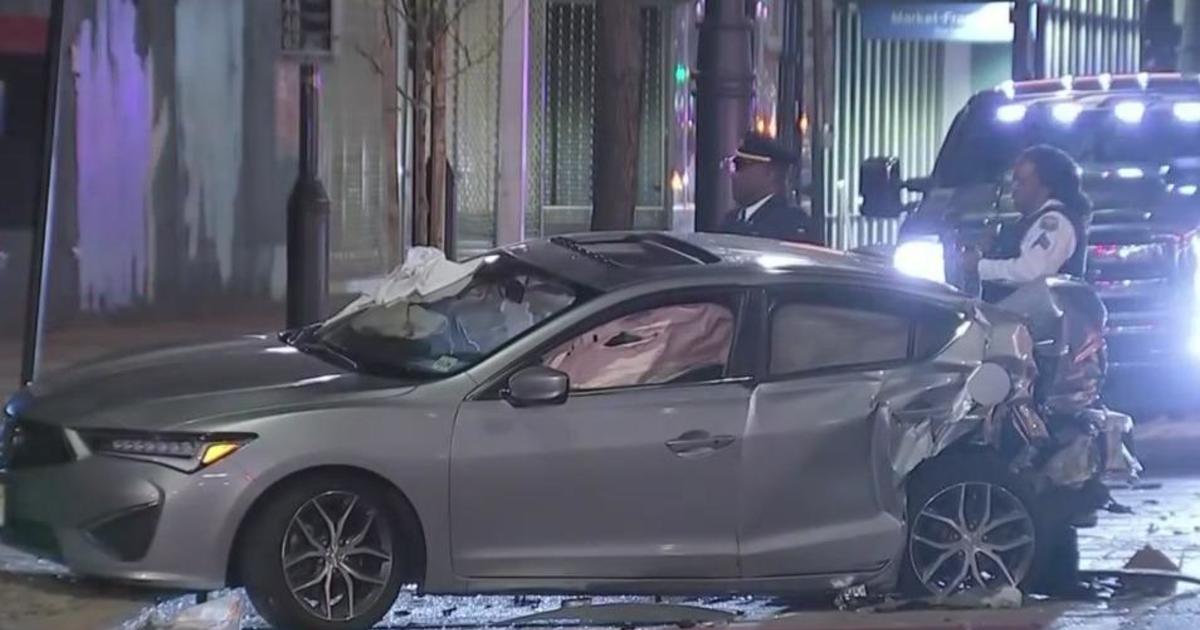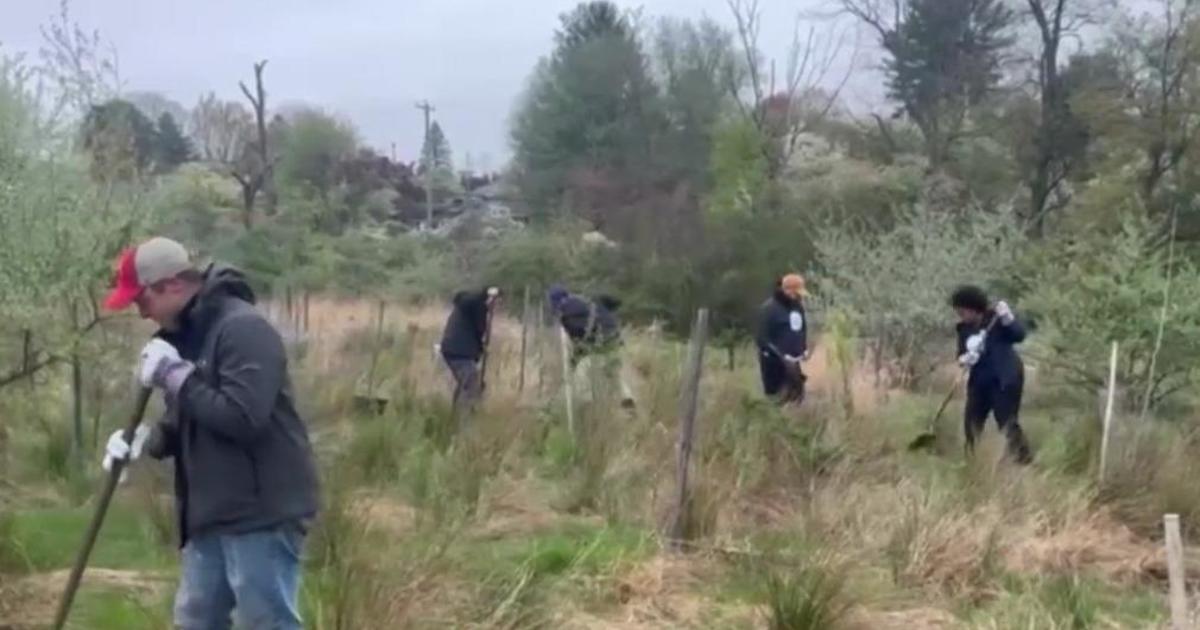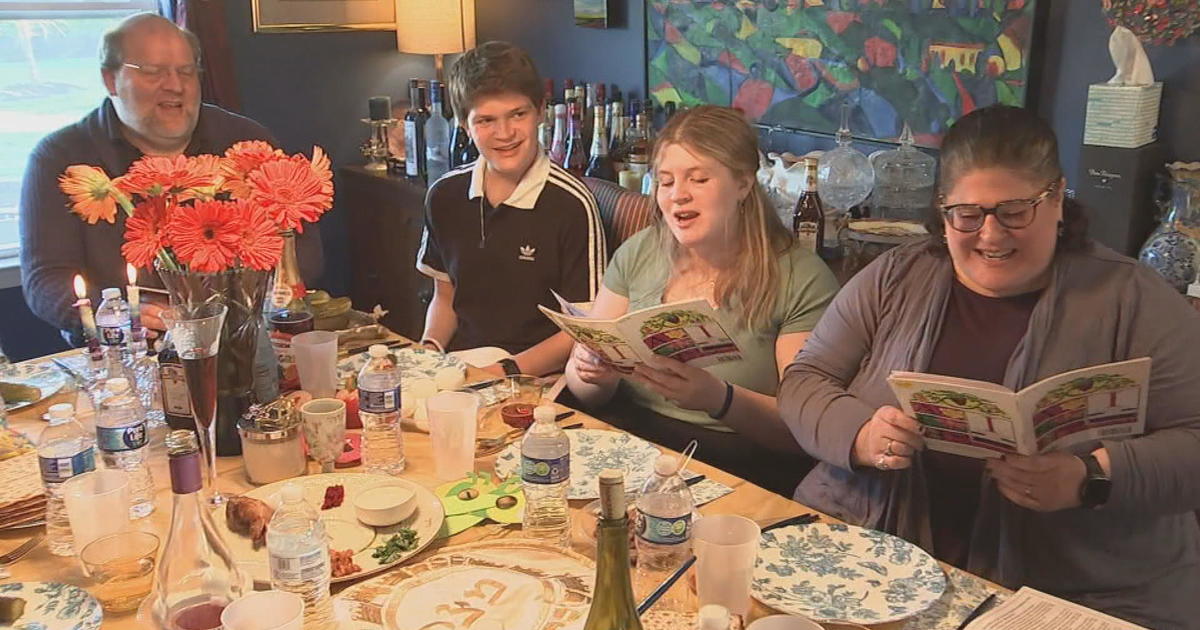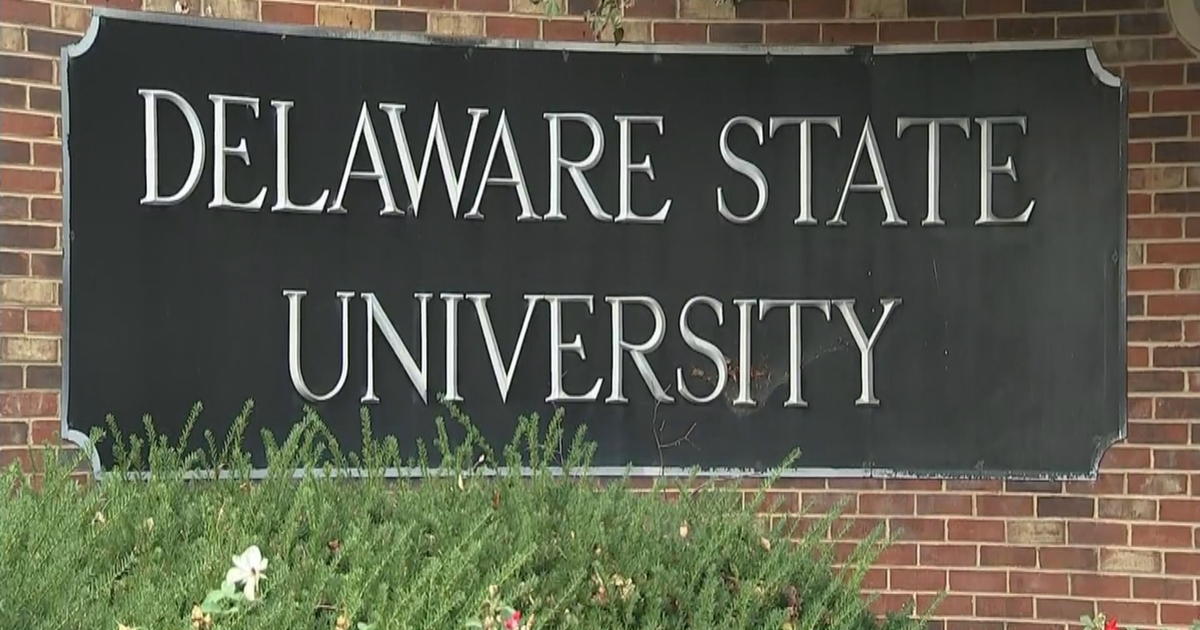Rabbi Shmuley: Focus On Values Needed Most For Post-9/11 America
Rabbi Shmuley Boteach is the best-selling author of 26 books on spirituality and relationships, including 10 Conversations You Need to Have with Your Children and The Michael Jackson Tapes. He has appeared as a host on the "Oprah and Friends" radio network as well as TLC's "Shalom in the Home" and was named "Preacher of the Year" in 1999 by the London Times. During his 11 years at Oxford University, he helped build the Oxford L'Chaim Society into the university's second largest student organization. In addition to writing syndicated columns for the Washington Post, Jerusalem Post, Wall Street Journal, Beliefnet and other news publications, Boteach recently launched the Global Initiative for Values Education (GIVE), a scholarly program focused on "universal values to the culture." More information about the rabbi can be found on his website, shmuley.com.
Question: What are your thoughts on how America changed the most since the events of 9/11?
Answer: We're a much more aware county. We're aware of our blessings of freedom. We are much more aware that it comes as a great price. We're more aware that a warrior class of perhaps two percent of the population guarantees that the other 98 percent of those can live freely. We're more and more grateful.
I still don't think we're grateful enough. I don't know if any of us can name even one soldier who died this year in Afghanistan or Iraq -- it's not as if we take enough of an interest in their families -- but by-and-large our appreciation, gratitude and awareness has vastly increased.
We're also much aware of threats to freedom and democracy. I don't think most Americans knew almost anything about Islam prior to 9/11. They now know the difference between Shias and Sunnis, they know when Ramadan is, they are well aware of mosques -- and that's a positive thing because we don't know a lot about each other. We should all be enriched by differences, but it is kind of ironic that this knowledge dividend came about by entirely the wrong means.
I can't say our country is more unified, because I don't think it is. I think our country is very divided and that's kind of sad that the unity after 9/11 [didn't last]. You can't say we're more divided than ever -- that's a ridiculous statement given that we had a Civil War 130 years ago. But politically, even culturally, we're becoming very different and that's problematic. We seem to lack -- aside from our very American-ness, which we're all very proud of, and people on the "right" and "left" are all proud Americans -- we don't seem to have any other over-arching themes that unify us sufficiently.
Q: How was 9/11 a turning point for America?
A: What I hoped, after 9/11, was that there would be a greater shift toward values: That Americans would want to embrace greater depths and transform the tragedy into a national reclamation of that which is important and valuable... I'll never forget that President Bush, who was obviously a very religious man whose faith I found very inspiring, in the wake of 9/11 gave a speech and said, "Go on a vacation to Disneyland. Go out and shop." That was a missed opportunity for a religious man who I respect and admire. Sure, we needed to insure people didn't stop traveling and didn't destroy the airline industry, but there also should have been a call for something higher.
I believe in the wake of 9/11 we could have called for a year of national service. OK, you're not going to go into the military - fair enough. It's not for everybody, but we don't need everybody. There should be a year of high school volunteering somewhere, doing something in school, hospitals, orphanages, not-for-profits. I think we do need to rediscover our altruism. Americans are the kindest, most compassionate people in the world, and they want to serve -- but they are not given enough encouragement on the behalf of our leaders.
Q: What hope to have for how America might evolve in the next 10 years toward the 20th anniversary of 9/11?
A: I would love to see a more unified nation -- not unified by tragedy like 9/11. It doesn't take people dying to bring the rest of us together. Death should not be the impetus for life. Life is its own blessing.
I would like to see a real values conversation in America about what we can do to heal some of the social wounds in our nation. I want to see real conversion about divorce, for example. It's become so commonplace, so rampant, so available that relationships are kind of dying in our time. I think that's one of the reasons we're becoming more greedy. When you don't get proper satisfaction in life from loving relationships, you turn to a cheap substitute, which is objects, things that make you happy. You shop rather than relate, you acquire rather than relate.
Q: You noted in the days after 9/11 in 2001, Americans came together, but that spirit of harmony is lacking in our society now. How or why did that happen?
A: Our admiration for the incredible men and woman of the United States military is probably the one thing that united all Americans today. Maybe the only thing that brings us all together on the "right" and on the "left," in the religious and the secular, we all love our troops. They are amazing people. We all agree that they are the best among us, but beside from that, it's hard to find a harmonizing theme. Of course there's our sheer "American-ness," we all love being Americans. We all love this amazing country. This is the greatest country in the world, there's no place like it. But there is this other side which is we're very divided.
We have major problems. It isn't like in other times of my life when we knew we had major problems. There's always been problems: Every nation, every generation has its challenges. There challenges here seem a little more endemic. I don't think our challenges are that we're no longer a AAA nation credit-wise. I think our challenge is that our values are eroding. That sense of living for a higher purpose is sort of missing.
There seems to be a far greater emphasis on me, on the individual. Narcissism is becoming a plague. This is caused by many factors. First of all, the death of religion -- by that I mean, 92 percent of Americans believe in God. But even that belief doesn't demand anything of you. Believing in God is not as simply as saying "I believe in a higher power," it's a belief in needing to lead a sanctified life. Your life has to be about something more than yourself. It has to have some great purpose, it has to be allied with some great cause. That cause can be your country, that cause can be your family, but it can't be "you." And I fear so much of it is becoming "me," "us," "we."




